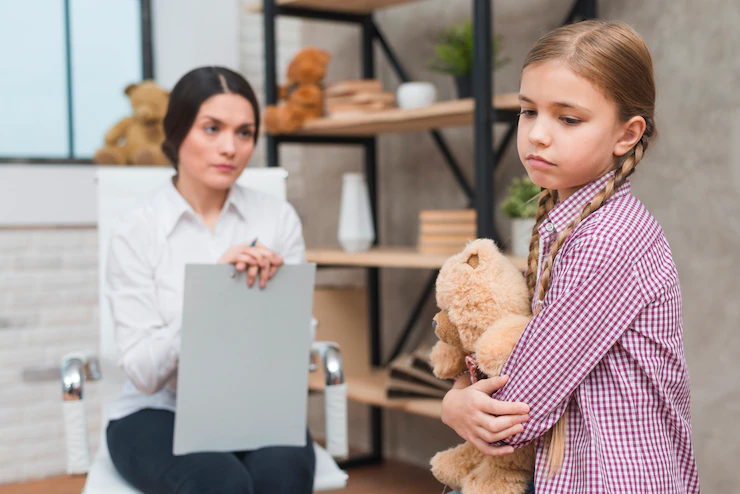Infidelity can have a profound impact not only on the couple involved but also on their children. The discovery of an affair can shake the foundation of trust and stability in a family, leaving children feeling confused, hurt, and uncertain about their parents’ relationship. In this article, we will explore the impact of infidelity on children and provide strategies for supporting them through the healing process.
- Open and Age-Appropriate Communication
Open and honest communication is crucial when addressing the impact of infidelity on children. It is essential to create an environment where children feel safe to express their thoughts and emotions. Age-appropriate conversations can help children understand what has happened without overwhelming them with unnecessary details. Answering their questions honestly and providing reassurance can help alleviate their anxieties and confusion.
- Emotional Support and Validation
Children may experience a range of emotions when faced with infidelity, including anger, sadness, guilt, and fear. It is essential for parents to provide emotional support and validation, letting their children know that their feelings are normal and valid. Encourage open dialogue, active listening, and create opportunities for them to express themselves through age-appropriate means such as art, journaling, or talking to a trusted adult.
- Maintaining Stability and Routine
During times of crisis, maintaining stability and routine can be immensely beneficial for children. Keeping consistent daily routines, such as regular mealtimes and bedtimes, can provide a sense of stability and normalcy amidst the turmoil. Consistency helps children feel secure and allows them to rely on familiar patterns, even when their parents’ relationship is undergoing significant changes.
- Reassurance of Love and Support
Children may worry about the stability of their parents’ relationship and fear that the infidelity reflects a lack of love for them. It is essential for parents to reassure their children that their love and support remain unwavering. Remind them that the issues between adults do not diminish the love they have for their children and emphasize that the responsibility for the relationship lies solely with the adults involved.
- Professional Counseling and Support
Children may benefit from the support of a professional counselor or therapist who specializes in working with children and families. Therapy can provide a safe space for children to express their emotions, navigate their feelings about the infidelity, and develop coping strategies. A skilled therapist can help children understand that the infidelity is not their fault and support them in developing healthy coping mechanisms.
- Healing as a Family
Rebuilding trust and healing as a family requires time, effort, and commitment. Engaging in family activities and quality time together can foster a sense of unity and reinforce the idea that the family is still a source of love and support. Family therapy or couples therapy that involves the children can also be beneficial in facilitating open communication and promoting healing within the family unit.
The impact of infidelity on children should not be overlooked or underestimated. It is crucial for parents to be aware of their children’s emotions and provide the necessary support and reassurance during this challenging time. By fostering open and age-appropriate communication, offering emotional support, maintaining stability, reassuring children of their love and support, seeking professional counseling if needed, and healing as a family, parents can help their children navigate the healing process and emerge stronger as a family unit. Remember, supporting children through the aftermath of infidelity requires empathy, patience, and a commitment to their well-being.










